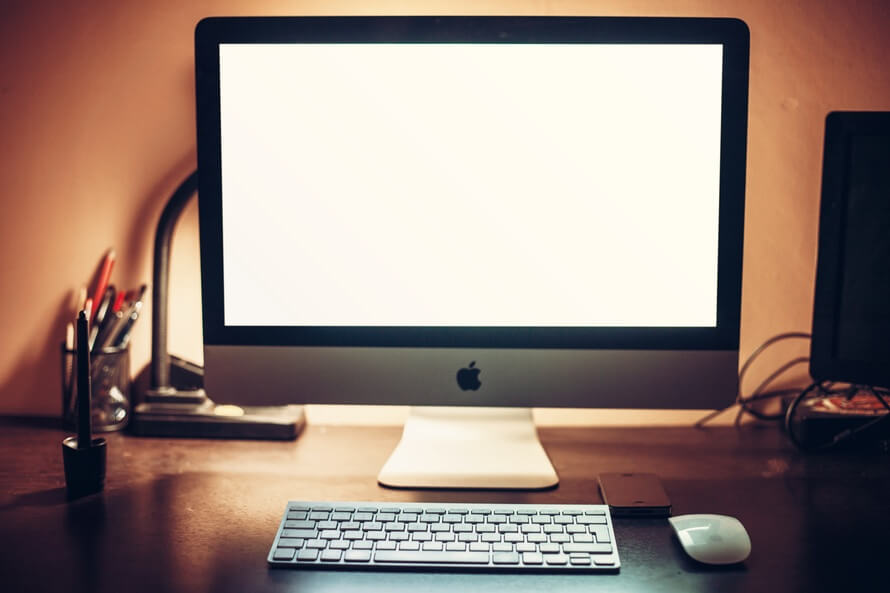Your cart is currently empty!

Not If, But When?
—
by
Not If, But When?
Posted on January 30, 2015 by Don DeRosa
“One of the most feared expressions in modern times is ‘The computer is down.’”~ Norman Ralph Augustine
One night I got a panicky call from my cousin Marv. He was about to put the last, finishing touches on a presentation he had been working on for weeks. He powered up the computer, waiting for the usual stuff to flash across the screen. Something flashed, all right: a big, blue, blank screen. Everything was just gone. Marv told me he didn’t think it could happen to him. “I mean, I’m careful! I don’t open links on suspicious emails, and I don’t click on ads unless I’m sure of the source.”
“Well, that’s good,” I told him. “Give me your boot disk and I’ll see what I can do.”
“What?” The look on Cousin Marv’s face was as blank as that awful blue screen.
“Okay, how about backups?” I asked. Maybe we could at least get his presentation back.
Marv smiled. “Oh, I’ve got that! I always keep a spare copy of important documents. On my computer.” His face fell. “Oh.”
For a minute there, I felt a little superior. Really, no backup? But then I had to remind myself that I’ve been sloppy about backups, too, from time to time. I’ve lost documents. I’ve seen the dreaded Blue Screen of Death. What an awful feeling!
Make no mistake: It’s not a matter of whether your computer will ever go down. It’s a matter of when. It could be a virus, or an electrical surge, or a corrupted hard drive, but sooner or later, it will happen to you. You will lose stuff, and it will happen at the most inconvenient time possible. If you’re lucky, fixing it will just be a big pain in the neck. If you’re not so lucky, it’ll set you back weeks, cost a lot of money, and jeopardize professional relationships.
So what’s a savvy real estate investor to do? Well, for starters, Cousin Marv is right – don’t click on suspicious links. But the bad guys keep getting better and better at fooling us, so that’s not enough. You’ve got to have backups. Now, how do you do that?
First, you’re going to need a boot disk. This is a backup of the operating system and some of the programs on your computer. With a boot disk, you may be able to get your computer up and running again.
You also need to back up your data – documents, music, photos, spreadsheets, databases, and all the information you’ve collected and created over time. There are plenty of backup applications – both free and paid – that can help you protect your data. The best ones run automatically, so you hardly have to do a thing once you’ve set up the software. But for heaven’s sake, be sure you only download backup programs from dependable, safe sites.
Once you’ve got a backup program, it’s time to figure out where you want to store your backup files. You’ve got a number of choices: you can store it on the cloud, or on an external hard drive, on a disk, or on a flash drive. You’ll want to keep more than one copy – say, one on the cloud and one on an external hard drive. At least one copy should be kept in a different location than the computer. That way, if the building burns down, you’ve still got your backups.
And what if you’re working on a different computer, or if you can’t use your backup program for some other reason? Here’s a quick fix: email the file to yourself. That puts a copy of your file on the cloud.
You’re going to need more information about backups than I can give you here. The thing I want you to take away is the importance of backing up all your data. That goes for all your devices, including your phone.
Cousin Marv learned the hard way. So did I. But you don’t’ have to. Don’t neglect this important task.
